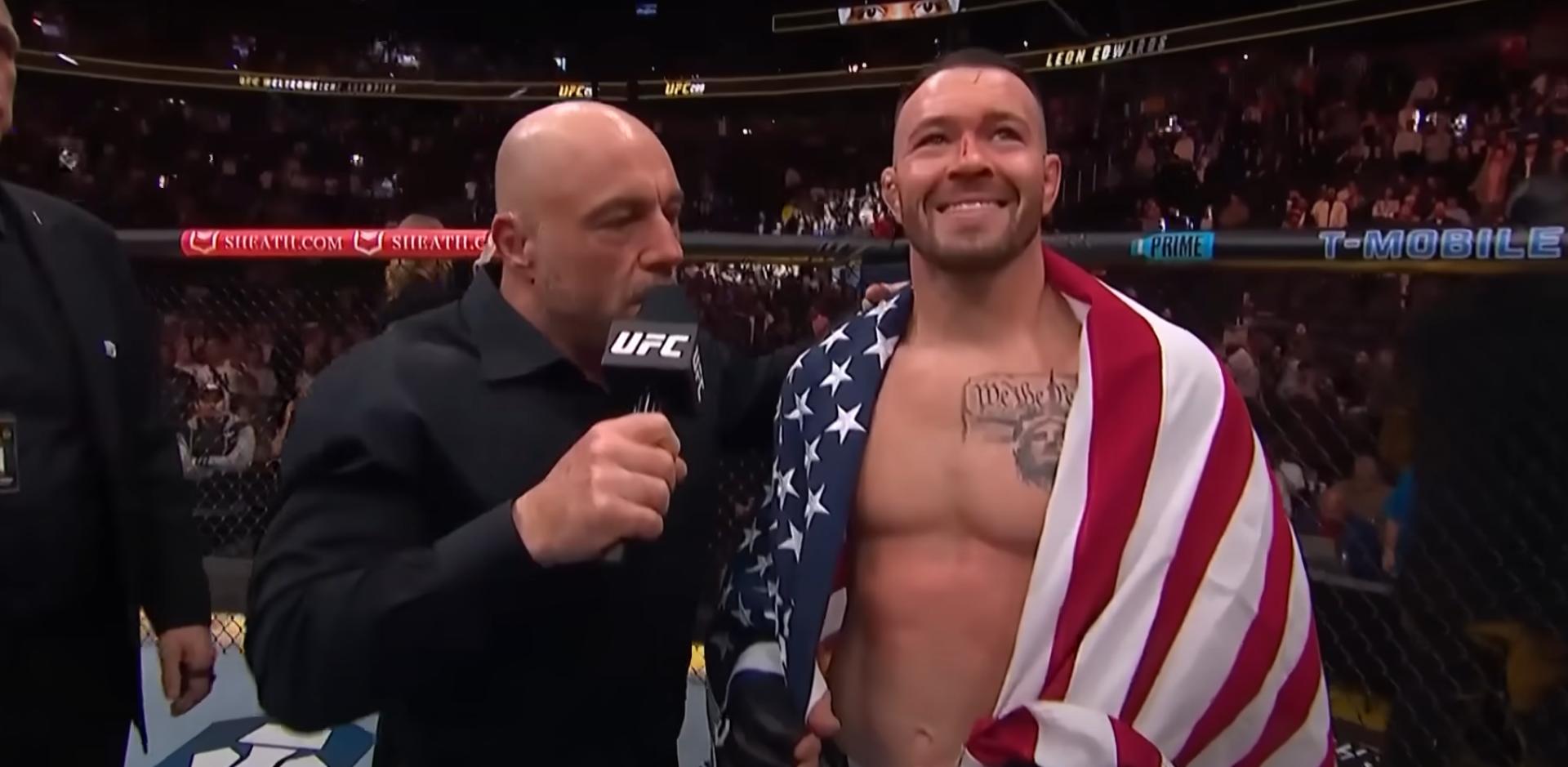ARTICLE AD BOX
Austin Dillon and the incident at Richmond continue to be a hot topic among media and fans. Dillon emerged as the winner in a tough race, but his altercation with Hamlin and Logan drew huge attention. NASCAR fans were frustrated that Dillon was not penalized for his actions during the race.
NASCAR officials stated they would review the situation and make a final decision. Although there was little optimism that Dillon would face penalty, it ultimately came to pass.
The 34-year-old driver had aimed to secure a playoff spot by giving his best effort and achieving victory. However, his win was overshadowed by NASCAR's decision.
Dillon chose to respond to the penalty by filing a formal appeal, believing that his actions were within the rules for that race. He expected his appeal to be successful, maintaining that he did not break any rules during the event.
“With that appeal obviously we deserve to be in the playoffs,” Dillon said.
“We want to reverse that decision that NASCAR has made to take our playoff eligibility away. We feel like we have a case to stand on and should.”
A few days later, it was confirmed that Dillon's appeal was denied, leading to frustration for the experienced driver. In an interview with Bob Pockrass of FOX Sports, Dillon chose to speak openly and honestly about the entire situation, offering his perspective on how things unfolded. The 34-year-old driver believes there are two key aspects of the wreck that many have overlooked.
“The 11 [Denny Hamlin] had 45 degrees of steer angle to the right coming up the track sliding into me. So there was two parts to that wreck. They said that the reason they took our playoff berth was a three-part problem, and it was the entirety. We were able to disprove that the spotter had anything to do with hit, because the wreck had already ensued when he said ‘Wreck him.’ And it was the context that he said it."- he said, as quoted by On3.
The RCR driver also reflected on the incident with Joey Logano, feeling that Logano was not entirely honest about how much Dillon was involved in the collision. After the race, Dillon wanted to ensure he hadn’t inadvertently created a misunderstanding about the situation. Discussing the entire situation, Dillon expressed his frustration, feeling that some had not heard his side of the story or were unwilling to understand his perspective. All he can do now is hope that the future will bring better outcomes for him.
“Second, between Joey and I, he gets out of the car afterwards and says I was four or five car lengths back. The true distance was two car lengths from NASCAR. We superimposed SMT and pictures, it was one and three-quarters car lengths back. He was three miles an hour slower on entry on his final lap than his white flag lap. That’s the reason I was able to get to his back bumper. In any case, when you get all this together, there was two parts to ever part of it. So it was frustrating.”- he continued.

Austin Dillon on appeal
Dillon told Pockrass that they had put a lot of effort into their appeal, working hard on behalf of everyone at RCR. He felt that the penalty didn’t match the severity of the incident. Dillon pointed out that in NASCAR history, similar situations had been handled differently.
NASCAR fans are well aware of how many similar situations there were in the past, but each one had its specificity, and each such situation required special decisions that differed from the others. Giving the right answer in some situations is challenging, so NASCAR leaders have to analyze situations many times from different angles and make a judgment, not wanting to hurt anyone.
Dillon stressed that historically in NASCAR, similar situations have been handled differently. For example, Chase Elliott’s clash with Denny Hamlin in Charlotte resulted in Elliott receiving a waiver. Additionally, William Byron’s incident with Hamlin under caution led to a 25-point penalty and a $100,000 fine, but after an appeal, Byron’s points were restored and he remained in the playoffs.
This great driver felt that many penalties in the past seemed disproportionate to the infractions, and he viewed his financial penalty as one of the largest in NASCAR history for a judgment call.
Opinions regarding that incident are different, and it is clear that many fans of this sport have a slightly different view of that incident. It is difficult not to remain partial to many, but this situation carries with it a lot, and it requires a careful analysis.









 English (US)
English (US)